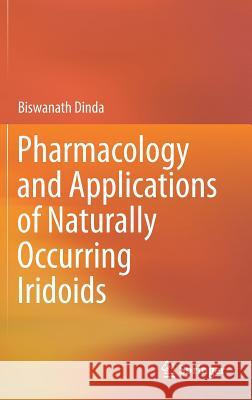Pharmacology and Applications of Naturally Occurring Iridoids » książka
topmenu
Pharmacology and Applications of Naturally Occurring Iridoids
ISBN-13: 9783030055745 / Angielski / Twarda / 2019 / 296 str.
Kategorie BISAC:
Wydawca:
Springer
Język:
Angielski
ISBN-13:
9783030055745
Rok wydania:
2019
Wydanie:
2019
Ilość stron:
296
Waga:
0.65 kg
Wymiary:
23.5 x 15.5
Oprawa:
Twarda
Wolumenów:
01
Dodatkowe informacje:
Wydanie ilustrowane











